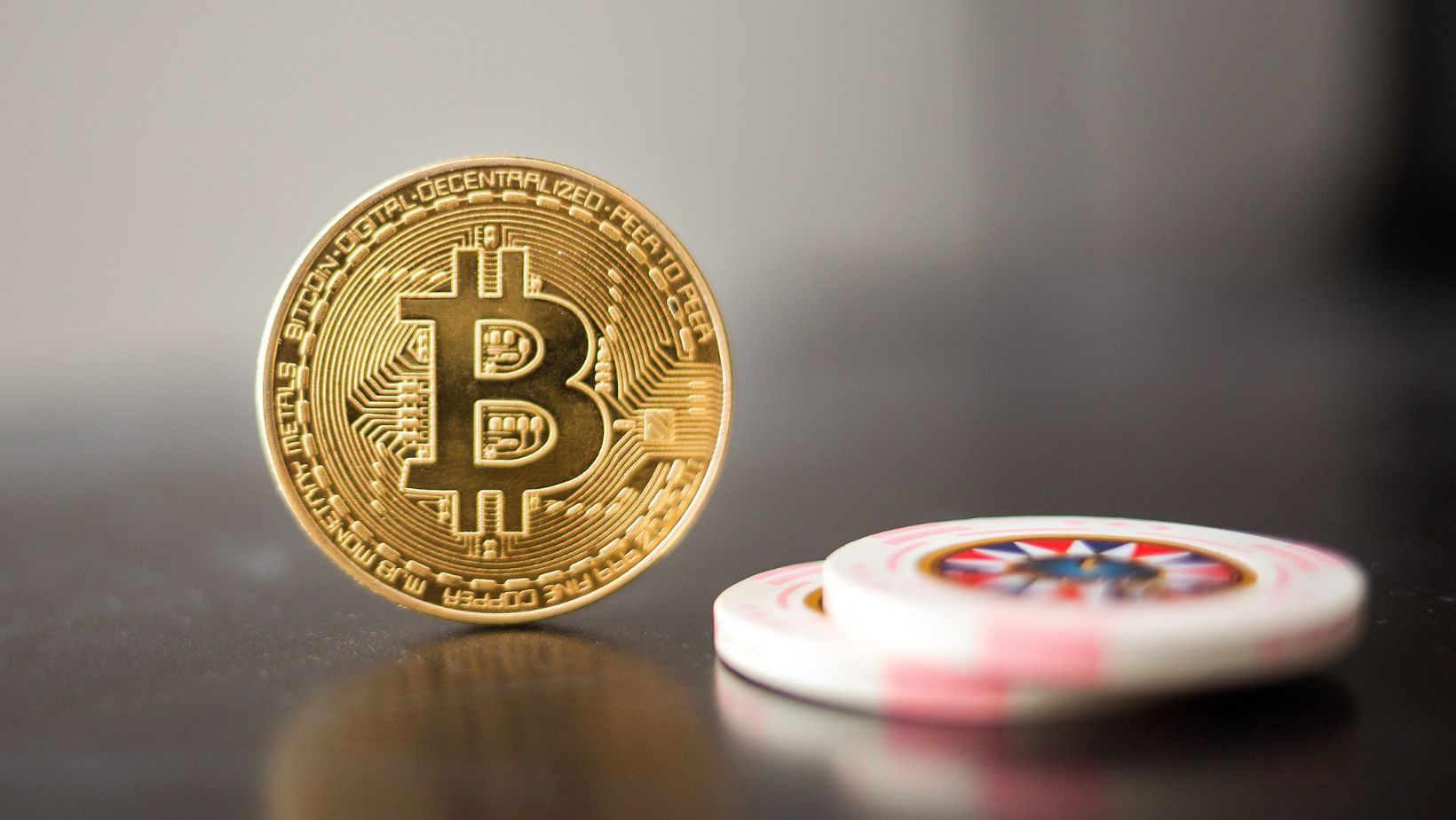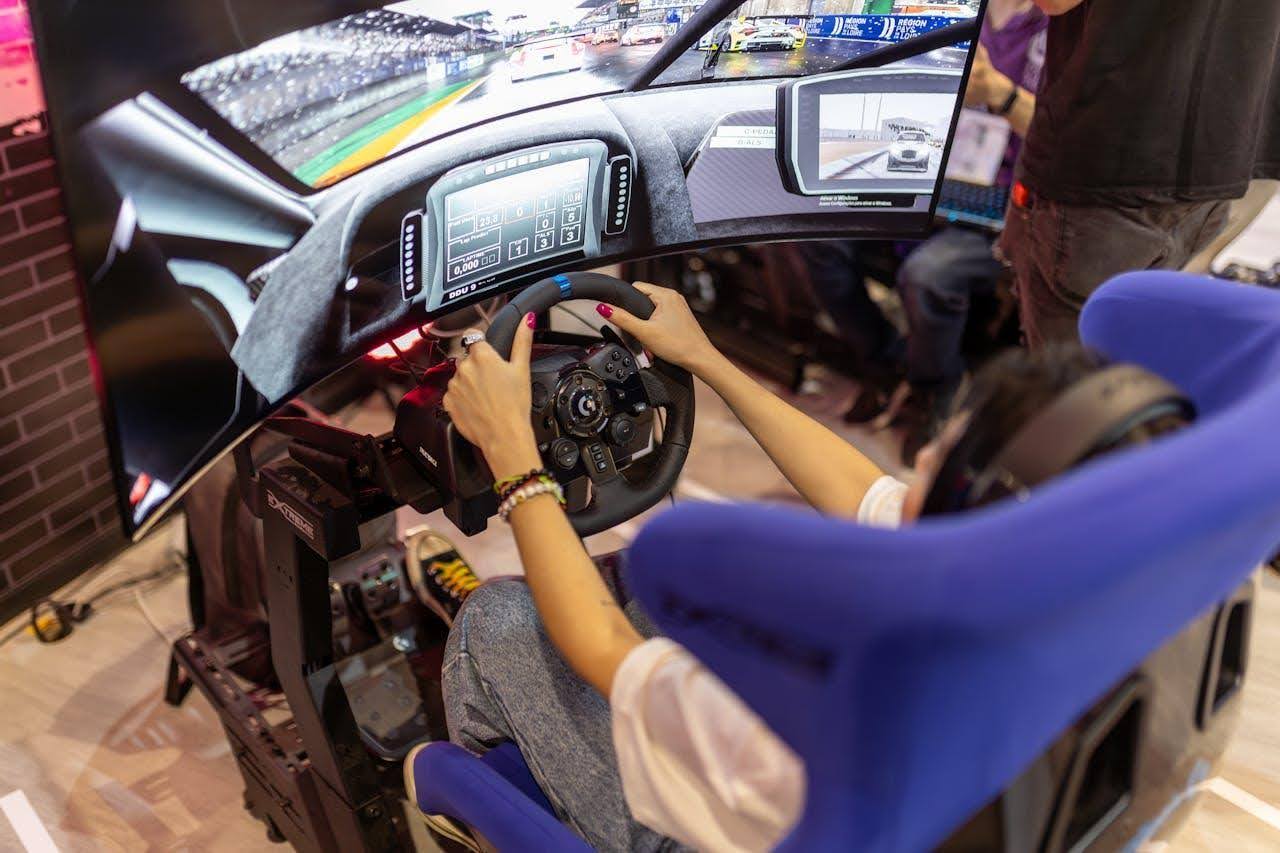Consumer electronics have come a long way in the last decade, moving from simple gadgets to highly sophisticated tools that are reshaping modern life. From wearables that track every aspect of your health to smart homes that respond to your every need, technology is constantly evolving. Keeping up with these changes can be challenging, but understanding the major trends can help you stay ahead of the curve. In this article, we’ll explore the key innovations and how they impact our daily lives.
The Integration of AI in Consumer Electronics
Artificial Intelligence (AI) is revolutionizing the way we interact with technology. While it started with simple recommendation algorithms in streaming platforms, AI is now at the core of many devices we use every day. AI-powered smart assistants like Google Assistant and Amazon Alexa can control home devices, manage calendars, and answer questions, transforming homes into responsive, efficient environments.
In addition, AI is being integrated into consumer electronics to enhance personalization. For example, smart TVs now use AI to analyze viewing habits and suggest content tailored to individual preferences. Wearable devices like smartwatches and fitness trackers use AI to provide detailed health insights, from monitoring heart rates to offering workout suggestions. These advances make our technology more intuitive and responsive, offering tailored solutions to individual needs.
Wearable Technology: Expanding Beyond Fitness
Wearable technology is no longer limited to basic fitness trackers. Today’s wearables offer a wide range of functionalities, including health monitoring, communications, and even contactless payments. Devices like the Apple Watch and Samsung Galaxy Watch now offer features like ECG monitoring, fall detection, and sleep tracking, making them indispensable for health-conscious users.

Furthermore, wearables are becoming more fashionable, with brands like Fitbit and Garmin offering sleek, stylish designs that make them a part of everyday attire. As wearables evolve, they are expected to play an even more significant role in healthcare, potentially monitoring chronic conditions and providing real-time data to medical professionals.
The Rise of Smart Homes
Smart home technology is quickly becoming mainstream, with devices like smart thermostats, lights, and security systems transforming the way we manage our homes. These devices can be controlled remotely via smartphones or through AI-powered assistants, allowing for greater convenience and energy efficiency. To further enhance these capabilities, many developers turn to an AI Studio to create custom solutions that integrate seamlessly with smart home ecosystems, making homes even smarter and more intuitive.
One of the most significant innovations in this space is the integration of smart ecosystems. Tech giants like Amazon, Google, and Apple are working to create fully interconnected homes where all devices communicate with each other seamlessly. For example, smart refrigerators can sync with your phone to send grocery lists, while smart doorbells with cameras provide real-time security updates directly to your device.
As 5G technology continues to roll out, smart homes are expected to become even more responsive, with faster communication between devices and the ability to process more complex tasks in real time.
Sustainability in Consumer Electronics
As environmental concerns grow, the consumer electronics industry is shifting toward more sustainable practices.

Manufacturers are increasingly using recyclable materials, reducing energy consumption, and designing products that last longer to reduce waste. Companies like Apple and Google are committed to becoming carbon-neutral in their product lines by the end of the decade, while others are exploring ways to minimize their environmental footprint by using sustainable packaging and energy-efficient designs.
Even in industries like casino gaming, there is a growing focus on sustainability. Data centers supporting online gaming are implementing energy-saving technologies, and some companies are offering eco-friendly options, like paperless transactions, to reduce their carbon footprint.
The Future of Consumer Electronics
The future of consumer electronics looks promising, with innovations in AI, wearable technology, and smart homes leading the charge. As technology continues to evolve, we can expect devices to become even more personalized, sustainable, and integrated into our daily lives. Staying informed about these trends will not only help you make smarter purchasing decisions but also prepare you for the next wave of technological advancements.















